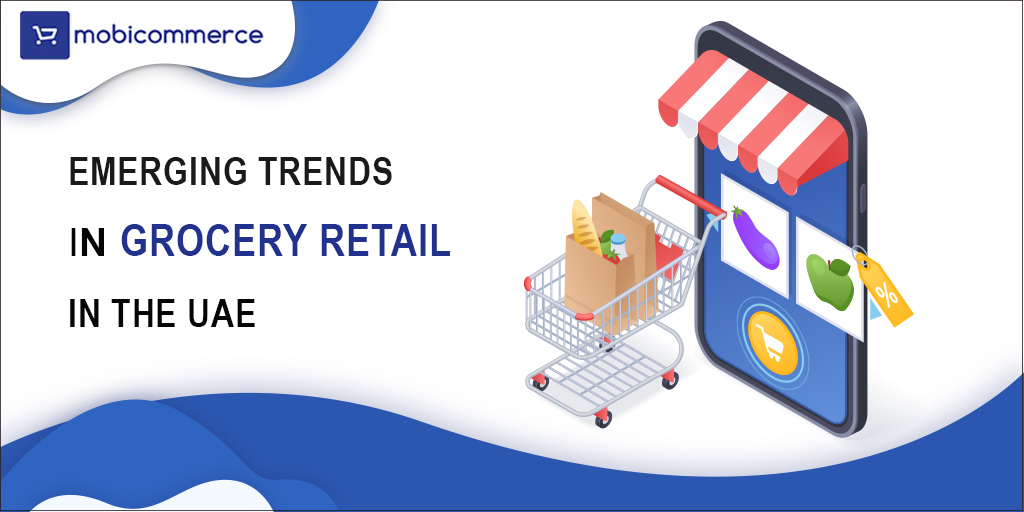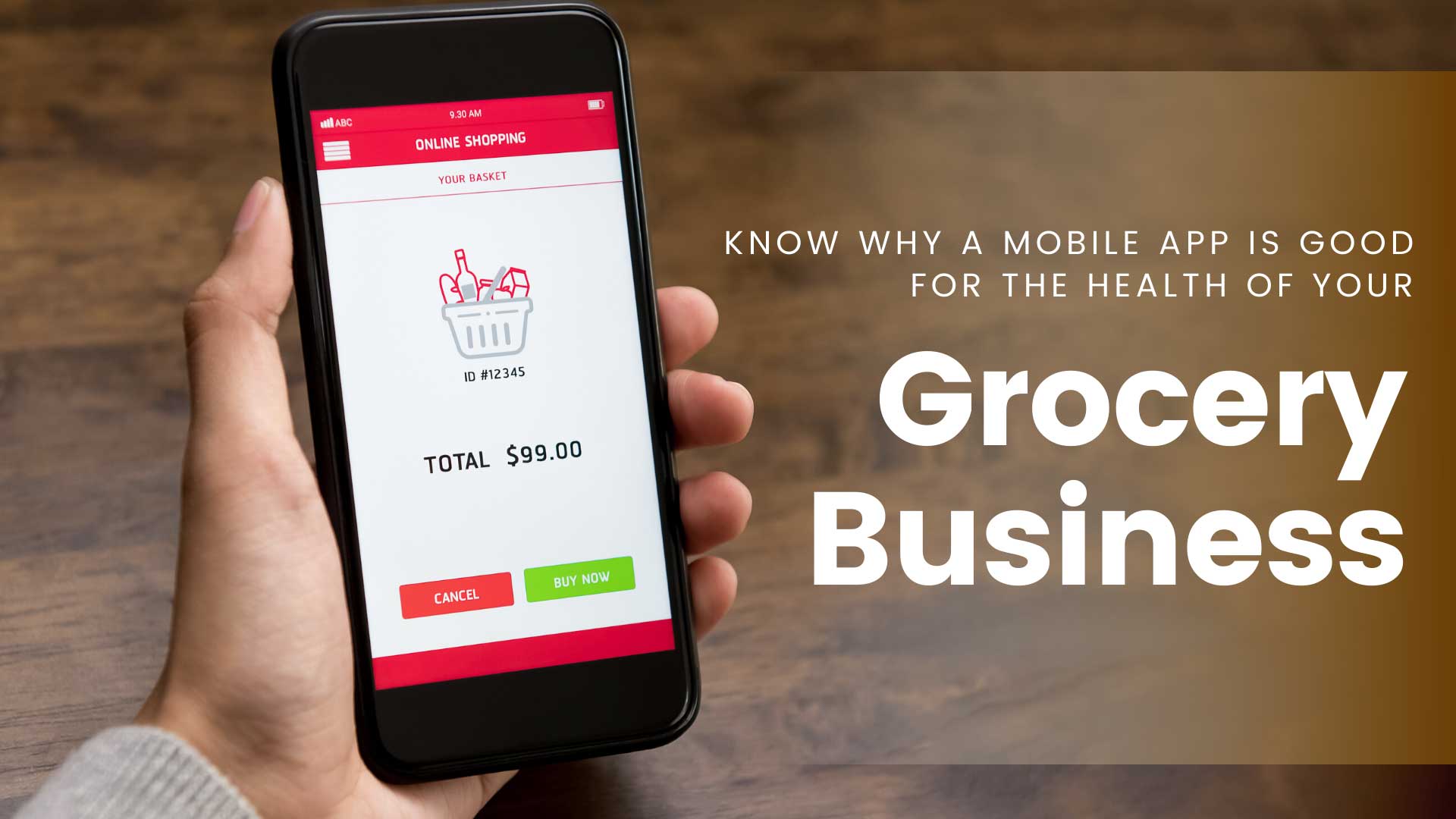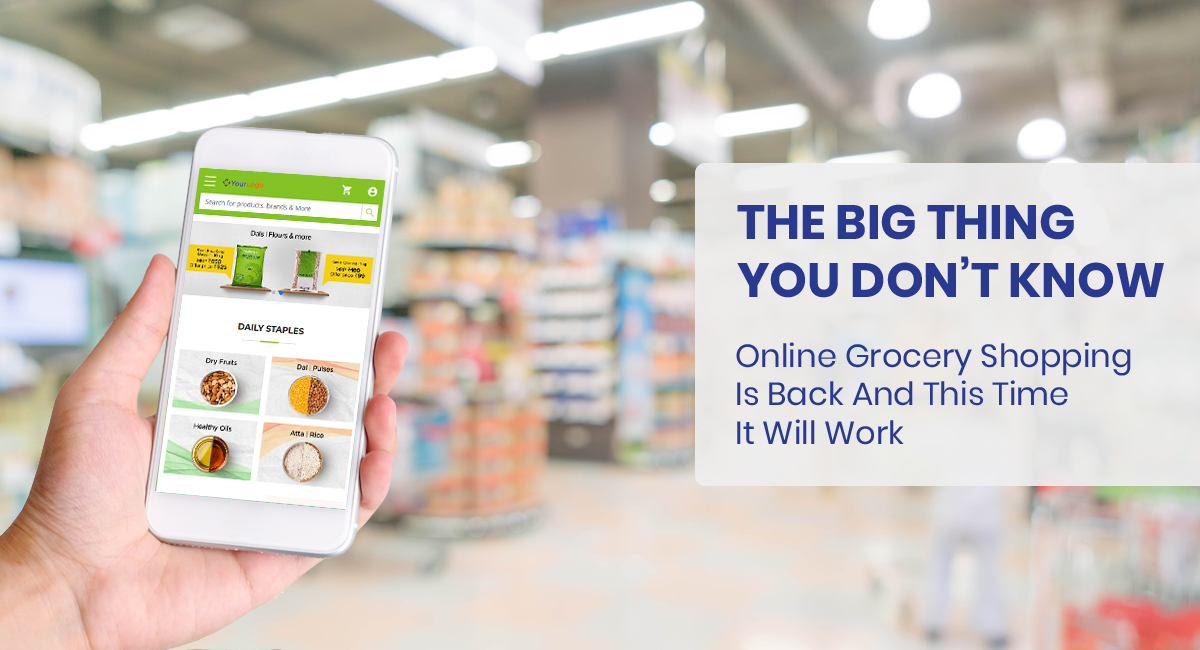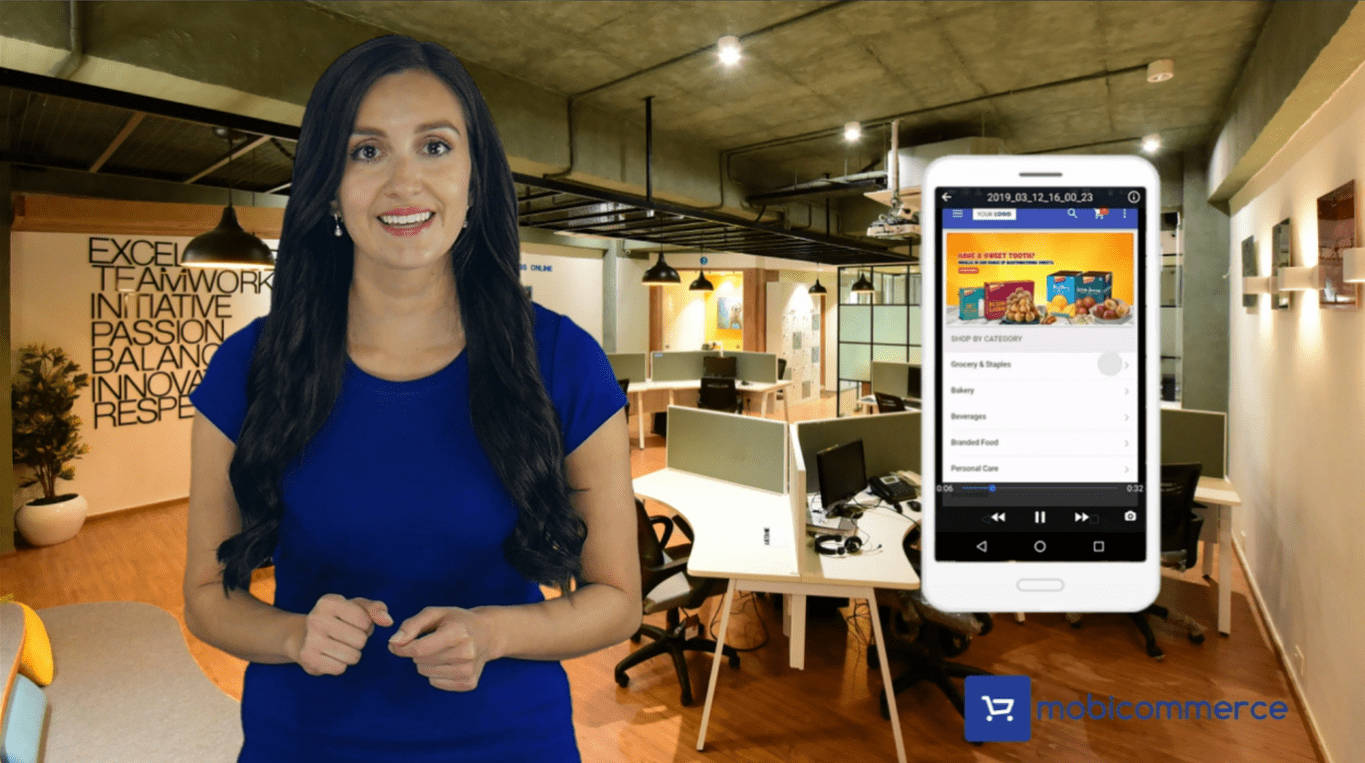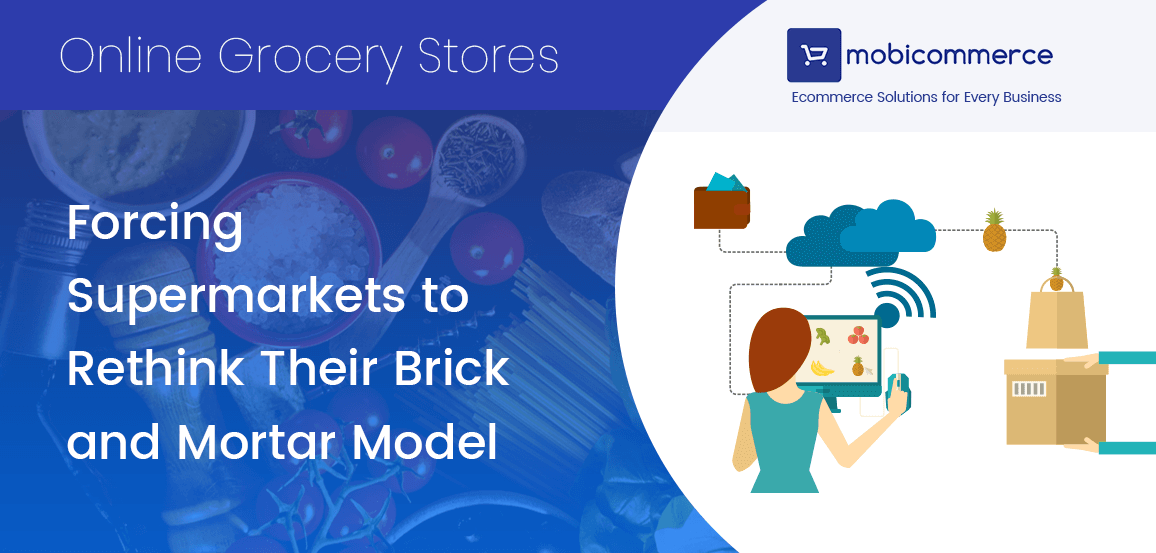The UAE is undergoing a once in a generation shift that is affecting how retailers operate. A country that is always hustling and bustling found it hindering when lockdowns were imposed which led to digital adoption and transformation. Retailers are quickly adapting to it to survive and thrive in a market highly driven by consumers undergoing a lifestyle evolution.
Before the pandemic, essential stores had underdeveloped e-commerce, and that is the reason why traditional grocery retailers registered a decline in the two years of the Covid-19 pandemic. However, grocers were quick to turn to digitalisation.
During the lockdown, retailers began approaching grocery delivery app development company in the Middle East; and a lot of newcomers like Noon daily, Sharaf DG and Areem emerged and benefited greatly. At the same time, existing retailers like Nana, Mrsool, Spinneys, with the help of grocery mobile app builders in the Middle East, expanded their digital scope by launching their delivery app.
The online grocery which accounted for only 5% of sales before the pandemic witnessed a jump of 24% during the lockdown. In short, with online shopping becoming the new normal in UAE and around the world, adoption of digitalisation accelerated; however, surviving and sustaining in it is becoming the tricky part due to the cut-throat competition. Let’s look at some of the challenges that grocery retailers faced in the UAE due to the outbreak of Coronavirus.
 1) Health and safety of employees and in-store hygiene:
1) Health and safety of employees and in-store hygiene:
Digital transformation is not a substitute for labour-free store operations. As essential services were still available during the lockdown, hence stores had to operate with staff. They gave their health and safety a priority. Thermal screenings, washing hands, wearing face masks and face coverings, minimising interactions with customers by placing glass barriers, and regular disinfection became the new normal as well as challenging.
2) Supply chain optimisation:
Lockdowns and travel bans led to a significant supply chain issue as it became increasingly difficult to meet the growing demand. Panic buying and confusion disrupted demand estimations for food products, causing a shortage of inventory and other challenges like meeting the increased demand for online orders and home delivery, constant food supply, and sanitation measures.
UAE currently imports 80-85% of food products; henceforth this challenge was the greatest of them all. To avoid contamination and to continue the proper supply of products, many grocery retailers implemented a supply chain management system like batch and lot tracking and warehouse management system.
Also Read: 7 Must-Apply Supply Chain Strategies Tips to Improve Your Multivendor Ecommerce Business
3) Customer engagement and satisfaction:
With the rising need for essentials and online stores being the only option, a lot of online grocery retailers faced the burn of cart abandonment during the pandemic. Since people had no patience to wait, they switched to another store if one failed to deliver as per their expectation. Some of the other reasons were the long checkout process, lack of payment options and lengthy account creation process that resulted in customers not returning to the site even when things settled down.
4) Last-mile deliveries and returns:
The two major bottlenecks for UAE grocers during the pandemic were last-mile deliveries and returns. People during the pandemic stocked groceries fearing lockdown which led to a sharp rise in online orders and fulfilling them all became almost an impossible task. Where delivery was a headache during the pandemic, needless to say, how big a challenge the returns were.
Trends that will continue
With the second wave of Covid-19, fearing possible lockdowns and travel bans, many retailers have already switched to online while there are a few yet to invest in digitalization. However, looking at the current trend of digital transformation and solving various challenges, researchers have noted the following trends that will stay in the grocery retail of UAE:
Online shopping:
A survey conducted by PwC reveals that the increase in the number of people shopping for groceries online rose from 29% to 51% during the lockdown. More than 90% said they are likely to continue shopping on smartphones even after the lift of social distancing measures.
Contactless payments:
Access to smartphones in the UAE is more than 100%, and social media penetration is more than 70%. Hence with an extensive demographic for all retailers, grocery retail is now fiercely adopting digital transformation. New players are harnessing this change by adopting new marketing strategies. Consumers are preferring contactless payment and would continue to do so even after the pandemic. This has led to collaborations with payment app companies, which profits the grocer and the payment channel equally.
Some players have launched their payment apps – for example, Carrefour now has CarrefourPay, enabling customers for a quick checkout process. A new Dubai Government-backed payment app-Empay- allows UAE users to pay for government, public and consumer services.
Omnichannel presence:
Choosing the right marketing channel is key to having an omnichannel presence. By collecting customer data through account creations and registrations-
> like signing in through Facebook/Gmail/apple account,
> products purchased,
> place of delivery and delivery times;
one can analyse the ways to put forward the brand in front of the customer and increase brand loyalty. By ensuring a seamless and consistent customer experience on every possible platform, grocery retailers can not only gain customers but earn their loyalty as well.
Safety and hygiene:
With Covid-19 still showing no signs of withdrawing, the practice of maintaining high levels of safety and hygiene to curb the spread of the virus is going to stay unknown for how long. Although it is a good thing to maintain safety and hygiene despite pandemic or not, grocery retailers must stay alert and carry out their responsibilities very well to keep everyone safe. Many are now encouraging residents to stay indoors by offering:
> 24/7 grocery delivery,
> a 48 hours TAT (turnaround times) from placing an order to delivery,
> options to view the supplies in-store,
> contactless payment and expanding its scope.
E.g., Talabat has expanded its free-delivery grocery service to 24-hours a day across Dubai.
In-store experiences:
Despite the accessibility of online shopping, some consumers are returning to shops after restrictions were eased. Lulu has recorded a pre-covid influx of customers after the ease of restrictions which indicates that in-store or offline shopping will continue but won’t be able to outsmart online anymore.
In a nutshell
There was a need for digital transformation in shopping in UAE even before Covid-19 and to some extent, it had already begun but, with the pandemic, it just gained momentum, challenging the basics of marketing for all retailers.
If you are someone up for this challenge and are looking out for a grocery delivery app development company in the Middle East, we at Mobicommerce are there for your assistance. Our app builders will take care of everything.
